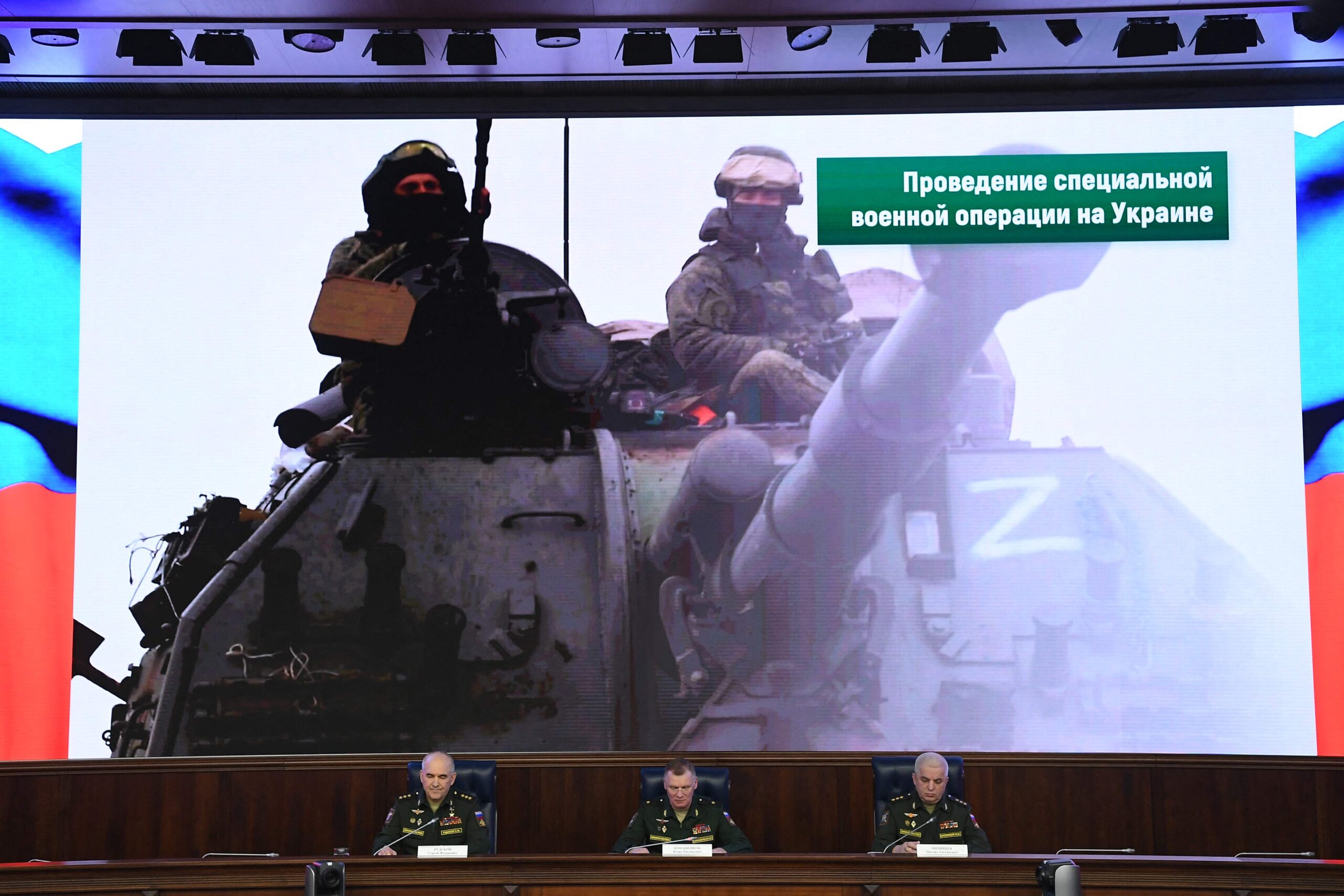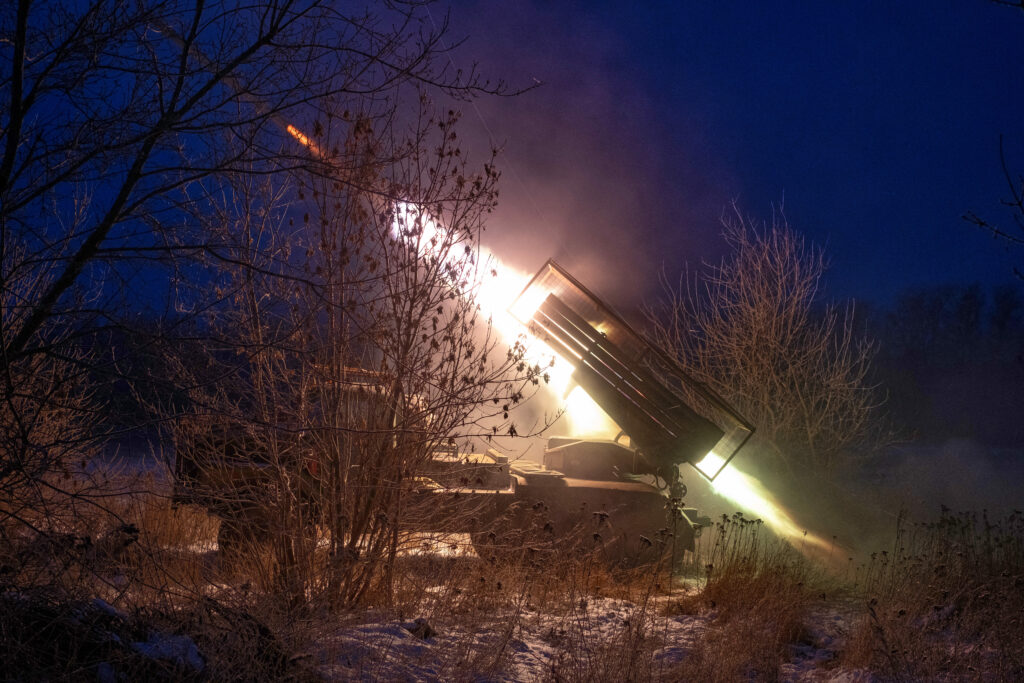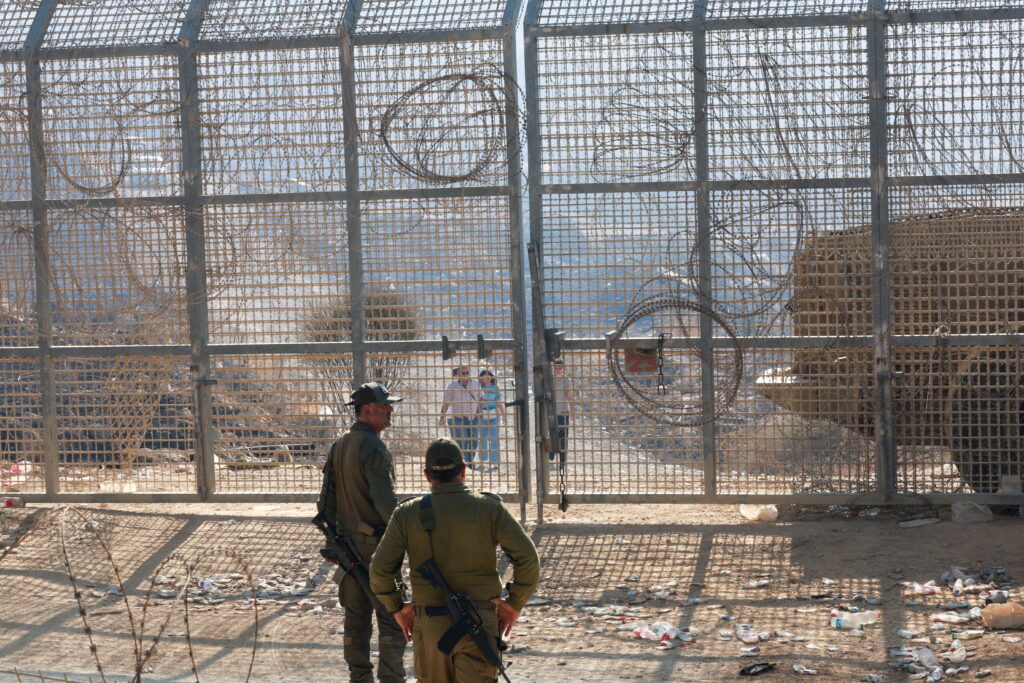Russian official rhetoric refers to Russia’s war against Ukraine as a ‘special military operation’. Wiktionary reacted promptly to what was happening. It defines ‘special’ as ‘unique, intended for special use’ and puts ‘special military operation’ (SMO) at the top of a list of phraseological expressions and fixed collocations.
For Russians, the SMO has already become part of a ‘new normal’. At the same time, the very choice of what to call the war has proven an effective means of accommodating what is happening. Even ‘war of liberation’ (in the sense that Russia is supposedly ‘liberating’ Ukraine) is scary, while the SMO implies that ‘Putin knows what he is doing’. It seems that, by choosing a name for the war, the Russian authorities are moving away from their typical focus on emotionality. As Dmitry Markin put it, ‘The colourful, artistic description of human suffering makes it possible to divert the audience’s attention from facts, references to violations of legal norms and other factual arguments.’ In other words, freeing people from suffering gives Russia an unconditional basis for violating norms. The SMO works in a somewhat different manner: the name is matter-of-fact, unemotional and demonstratively professional. It makes reference to what is incomprehensible to the uninitiated.
It is not only a fortunate choice when describing the war (as it dramatically reduces the scale of the tragedy), but, importantly, the choice is not at all accidental. There is a large and varied Soviet practice behind the word ‘special’.
Soviet-style distribution: special rations, special distribution centres and special dachas
The word ‘special’, shortened in Russian to ‘spets’ for convenience, could precede the name of any services provided to the Soviet nomenklatura in Soviet times. ‘Special’ indeed meant ‘unique’, ‘not for ordinary people’. Special supplies, special rations, special gifts, special dachas, special trip vouchers, special funds and special distribution centres for coupon-based goods. As Leonid Mlechin put it, ‘officials received luxury goods in the form of various privileges, having access to special distribution centres, special stores, special cafeterias and special hospitals. Access to luxury goods was openly referred to as the «trough» (…) On weekdays, at six or seven o’clock in the evening, Granovsky Street was packed with black Volga cars. Luxury Chaika automobiles transporting ministers would also arrive there. High-ranking officials showing signs of concern would enter a block of flats with no sign on it and leave the building carrying large parcels, all of them wrapped in thick yellow paper and tied with twine.’
The system of special distribution began to take shape very early on, in the first years of Soviet rule. The People’s Commissariat for Food Supplies (Narkomprod), along with various categories of rations (distributed among academics, the Red Army or workers), established so-called major rations for high-ranking officials and people’s commissars. Somewhat later, special dachas became a symbol of Soviet privilege, including those located on former noblemen’s estates occupied exclusively by the nomenklatura of the highest rank. In the mid-1930s, special health resorts began to appear. Interestingly, all these joys of life were formalised in a special administrative way — first by Lenin’s direct orders and then by executive orders from the Council of People’s Commissars (Sovnarkom). All the decrees and decisions concerning the sphere of special distribution were of a classified, secret and in fact semi-legal nature, while not being a secret to the ‘victorious proletariat’.
The system of special distribution for the nomenklatura acquired its final shape during the Brezhnevian stagnation, becoming one of its most vivid illustrations.
Soviet-style repressions: special resettlers and the special contingent (displaced persons)
The Soviet special distribution system, despite its devastating effect, often evokes irony with a hint of disgust. Other uses of the adjective ‘special’ evoke (or at least should evoke) horror. Here we are talking about special resettlers and the special contingent. In the available literature these groups are sometimes confused, even though they should be set apart.
The Gulag History Museum’s website defines special resettlers as population groups and even entire peoples forcibly resettled and deported during Stalinism. The group of special resettlers (or special settlers) was very diverse — its composition was a direct reflection of repressive Soviet political campaigns at various stages of the country’s history. This group included dispossessed kulaks, various ‘anti-Soviet elements’ and victims of ethnic cleansing in border regions. What was common was that all these individuals were forcibly and illegally displaced and put under supervision without the right to leave the place of involuntary settlement. In 1943−1944, the group of special resettlers was replenished en masse by the so-called guilty peoples (or ‘punished peoples’), who were accused of collaborating with the Nazi invaders. Seven peoples — Germans, Karachays, Kalmyks, the Ingush, Chechens, Balkars and Crimean Tatars — were entirely displaced.
The evil irony of this was that special settlers were formally full-fledged citizens of the USSR, but in reality they were strictly tied to the place of residence determined for them by the state. Forced labour was actively used in the labour camp economy throughout the years of the Gulag’s existence. The demographer Pavel Polyan estimates that more than six million people were forcibly resettled within the Soviet Union between 1920 and 1952.
Special settlers should not be confused with the special contingent (or displaced persons) — Soviet citizens who found themselves outside the USSR as a result of World War II. In 1944−1945 (the time of mass repatriation), there were almost as many of them as there were special settlers — also about six million. The magnitude of the problem prompted the Soviet leadership to establish a new agency: in October 1944, Sovnarkom decided to create the Department for Repatriation Affairs under the Soviet Council of Ministers and appoint Sovnarkom’s Commissioner for the Repatriation of Soviet Citizens. Commissioner Filipp Golikov gave an interview to a TASS correspondent, stating the following in particular: ‘People hostile to the Soviet state are trying to poison the minds of our citizens by deception, provocation, etc., and make them believe a monstrous lie as if the Soviet Motherland had forgotten them, renounced them and no longer considered them Soviet citizens. These people intimidate our compatriots by saying that in case of their return to the homeland they would be subjected to reprisals. It is pure nonsense. The Soviet country remembers and cares for its citizens who fell into German slavery. They will be welcomed home as sons of their motherland. It is believed in Soviet circles that even those Soviet citizens who, under German violence and terror, committed acts against the interests of the USSR will not be brought to justice if they honestly fulfil their duty when they return to their homeland.’
It was a beautiful interview, but the good intentions of ‘Soviet circles’, if there were any, turned out to be wrong. Soviet repatriation was forced. The Soviet authorities did not care whether someone wanted to return to the Soviet Union or not: all Soviet citizens were obliged to do so under the Yalta agreements. All repatriates were filtered, and in the process about three hundred thousand people, most of them prisoners of war, were handed over to the NKVD (thus becoming the special contingent). This group included those who had actually violated their oath and committed war crimes, but many were tried and convicted on the basis of unsubstantiated accusations, since everyone was suspected of being a traitor. In addition to the Gulag, a common fate of repatriated prisoners of war was conscription into the labour battalions of the People’s Commissariat of Defence — formally voluntary but in practice (and in terms of the type of confinement) violent and repressive.
In fact, the repatriates — and first and foremost members of the special contingent — were trapped forever. They became eternal hostages of personnel officers whenever they applied for a job and filled in a questionnaire containing the question ‘Were you or your close relatives held captive or under occupation during the Great Patriotic War?’ According to Polyan, after the war SMERSH and the Department for Repatriation Affairs put very many of the special contingent under control of the Ministry of the Interior or Ministry for State Security (MGB). These ministries kept the former prisoners of war on a short leash, keeping an eye on them, summoning them for conversations and recruiting them into the ranks of their informants. Moreover, individuals from the special contingent — above all those former prisoners of war who had already served short sentences — could be summoned at any moment. The abolition of the death penalty in the USSR in 1947 resulted in a sharp increase in the average length of sentences.
***
Thus, the word ‘special’ in the Soviet context encompassed a variety of practices, but none of them were based on law, and they were entirely arbitrary. In formulating our attitude to what is happening today, let us turn to the Soviet past. And we will clearly see that the fixed collocation ‘special military operation’ is not about a unique situation and does not indicate that ‘Putin knows’. It is about the most blatant arbitrariness.










